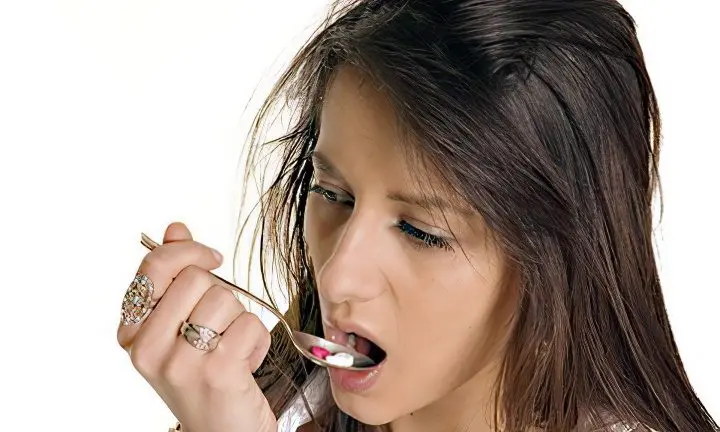With the onset of spring, along with the expectation of joyful changes, apathy and weakness often come.
Symptoms of spring beriberi

Symptoms of spring beriberi are not only drowsiness, irritability, malaise and exacerbation of chronic diseases, but also external manifestations – such as pale skin, dryness and peeling, brittleness and hair loss.
Naturally, beriberi is, first of all, a lack of vitamins in the human body, which haunts quite a few people in the spring. If we select a more precise definition, then such manifestations accompany hypovitaminosis, and it is more correct to call beriberi a complete absence of any vitamin in a person. At the same time, in medicine, any manifestations of vitamin deficiency are called beriberi, which is why this word can be heard so often in the spring in medical institutions and pharmacies.
Even a lack of only one vitamin can lead to unpleasant symptoms, disrupt the formation of enzymes important for metabolism, and cause chronic diseases. Almost every person feels a lack of vitamins every year in the spring, despite the fact that the store shelves are littered with vegetables and fruits all year round, and the windows of pharmacies are crammed with vitamin preparations.
Treatment of spring beriberi
Prevention and treatment of beriberi include several simple and well-known methods, but in practice they are not always taken seriously enough, at the same time, the question of how to cope with the consequences of beriberi and prevent its occurrence is of concern to many.
The most important principle in the prevention of beriberi is a balanced diet. The diet must necessarily include the full range of nutrients: carbohydrates, fats and proteins.
First of all, in the cold season, you should be more attentive to nutrition and try to avoid the temptation to switch exclusively to pasta, rice, meat products and muffins. If this is not possible due to habit, then at least in the spring you should try to allow the body to get enough of natural nutrients, minerals and fiber. Eat cereals, but not white ones, seafood, vegetables, fruits and greens that you can only buy. In the spring, give preference not to fresh, but to frozen fruits: quick freezing allows you to save a large amount of vitamins in products for a long time, while storing vegetables and fruits in warehouses does not allow healing juices to maintain an unchanged composition by the arrival of spring.
A large reserve of vitamins is stored in home-made preparations – naturally, we are talking about jam, pickles, dried or frozen berries, vegetable and fruit juices, and not about canned food.
Remember that vitamins, especially water-soluble ones, must be supplied to the human body daily: it is simply impossible to accumulate them for the future.









